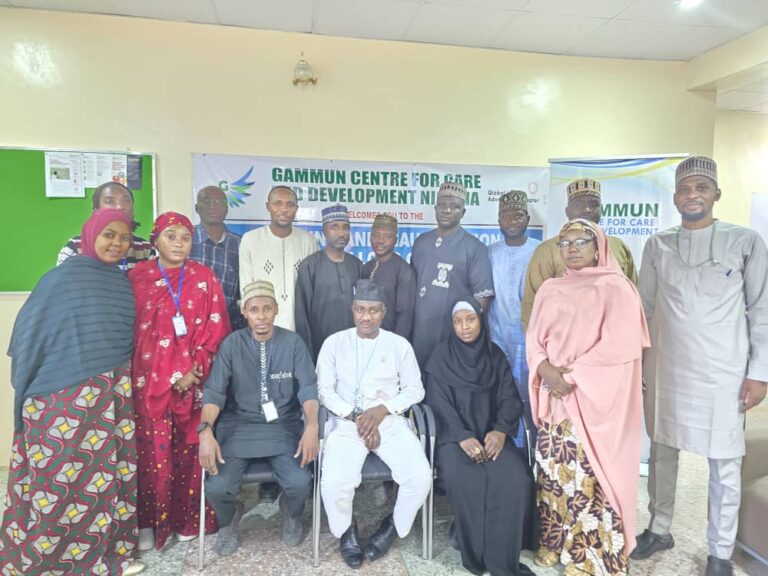A civil society organization, GAMMUN Centre for Care and Development Nigeria, has urged the Kano State government to spread its hypertension model facilities across the 44 local government areas (LGAs) of the state.
Mr. Tulari Tine, the Executive Director of the Center, made the call on Tuesday in Kano during the launching of the Kano Hypertension Advocacy Initiative (KHAI) and training of media fellows for the project.
Tine appreciated the state government for providing free hypertension model facilities in 22 LGAs, urging the government to extend the gesture to the remaining 22 LGAs.
READ ALSO: Kano State Govt Introduces Healthcare Insurance For Inmates
“Since 22 LGAs in Kano have hypertension model facilities for free hypertension treatment, it is expected that the entire LGAs should have. It will enhance free screening, care, and control of the ailment within a short time,” he said.
The Executive Director also appealed to the government to accord specific attention to hypertension treatment in the state health budget to enhance free screening, care and control of the disease.
“Let there be a specific attention given to hypertension in the state annual budget for health due to the alarming number of cases being recorded daily in Nigeria and Kano State in particular.”
According to him, the Kano Hypertension Advocacy Initiative (KHAI) has a specific task to carry out a sustainable and comprehensive advocacy campaign to strengthen hypertension prevention, treatment, and control in Kano State.
READ ALSO: How Health Workers Conniving With Patients To Steal Drugs At Kano Hospitals – Commissioner
“The 16-month project is funded by Global Health Advocacy Incubator, an initiative of the Campaign for Tobacco-Free Kids and Tobacco-Free Kids Action Fund” and “Bloomberg Philanthropies.”
“Our main objectives include increasing political will and commitment from the government of Kano State to expand HTN-model facility services to the 22 additional LGAs.”
Others are increasing annual budgetary disbursement and utilization of non-communicable disease appropriations and expanding access to affordable treatments.” He said.

